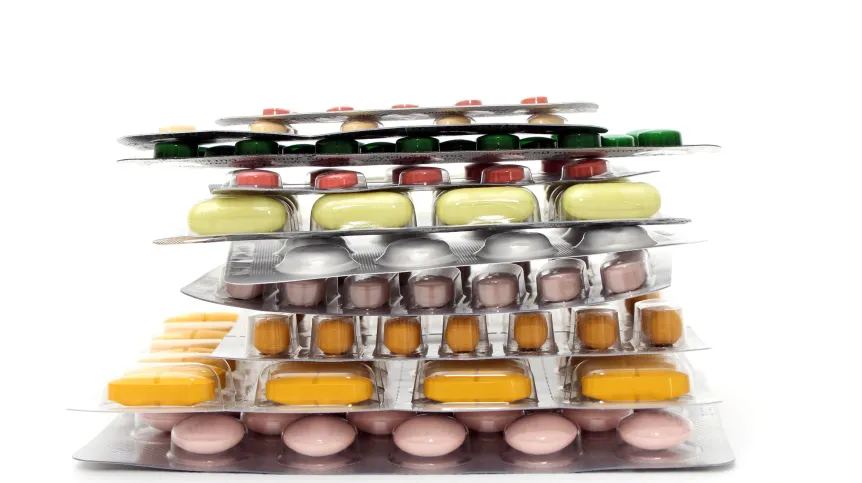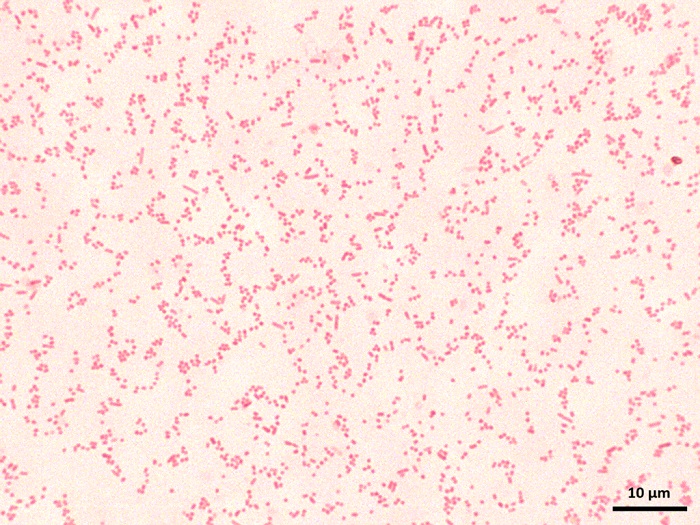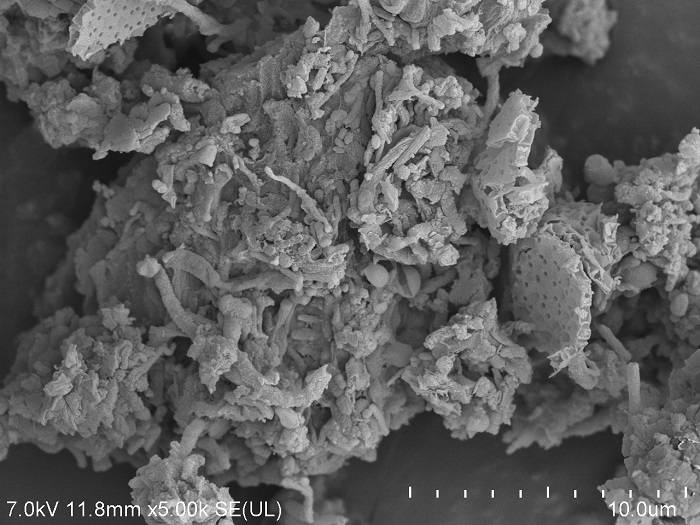
Beta blockers are a group of drugs used mainly in circulatory diseases. Remains of these substances are not removed in sewage treatment plants and enter the environment, posing a threat to plants and animals. A biologist from the University of Silesia is looking for bacteria that can degrade them.
'Beta blockers are an achievement of our civilization, thanks to which we can improve our health and quality of life. On the other hand, the environment is not equipped to deal with new substances and cannot degrade what we humans introduce into it. That is why many compounds accumulate in soil and water, and may have long term toxic effects,’ Dr. Anna Dzionek from the Faculty of Natural Sciences at the University of Silesia tells PAP - Science in Poland.
The most popular beta blockers include metoprolol and propranolol. This is a group of drugs used to treat heart diseases (including hypertension), as well as migraines and anxiety.

According to Dzionek, a 2013 study showed that beta blockers were among the 20 most common pharmaceuticals in European waters.
Moreover, in concentrations of nanograms or micrograms per litre, they are also found in drinking water. 'There are no studies yet on the impact of chronic exposure to such low concentrations of beta blockers on humans. However, the effect on rainbow trout has been investigated; according to the results, after just 28 days of exposure to metoprolol at a concentration of one microgram per litre, which is what we currently find in the environment, it caused significant problems with the liver, gills and other organs,’ Dzionek says.

Wastewater treatment plants are not (yet) equipped to degrade or capture beta blockers. 'The problem is the lack of microorganisms that are capable of decomposing this type of drugs in activated sludge, i.e. in the biological part of wastewater treatment. The situation with beta blockers is similar to the case of non-steroidal anti-inflammatory drugs, which I previously dealt with, but certain solutions are already being implemented there, and new regulations require sewage treatment plants to monitor and remove various pharmaceuticals, also from this group. In the case of beta blockers, we do not yet know the mechanisms of action of microorganisms capable of breaking down these drugs, and the methods of their removal are not included in the regulations,’ says Dzionek.
According to the researcher, it is better to look for biological methods for the degradation of beta blockers.
'Physical and chemical methods, which are widely used today and considered the best for removing pharmaceuticals in sewage treatment plants, are less safe for the environment because they are characterized by low specificity and may cause uncontrolled reactions in the environment. In other words, the compound after decomposition may turn out to be more toxic than the original substance,’ Dzionek continues.
Therefore, the biologist is looking for bacteria that would be able to biodegrade metoprolol and propranolol.
The search for such bacteria is carried out in the environment where certain drugs are found, e.g. near hospitals and sewage treatment plants - where the scientist collected the material for her research.
She has found five different strains of bacteria that have the ability to transform or degrade beta-blockers. 'These are previously unknown bacteria, and one of them is most likely unique enough to be classified as a new species. I am currently characterizing them, checking how they handle with medications in various conditions, e.g. whether temperature changes or supplementation matter,’ she says.
The next step will be to determine the decomposition route, i.e. the exact 'path' of processes that occur during degradation or decomposition.
'The search for microorganisms to degrade beta blockers is a new topic in science, and the state of knowledge in this area is in its infancy. I hope, however, that beta blockers will also join the pharmaceuticals that we are able to decompose so that they do not accumulate in the environment, and that their concentrations will be monitored by sewage treatment plants,’ Dzionek says.
PAP - Science in Poland, Agnieszka Kliks-Pudlik
akp/ agt/ kap/
tr. RL













